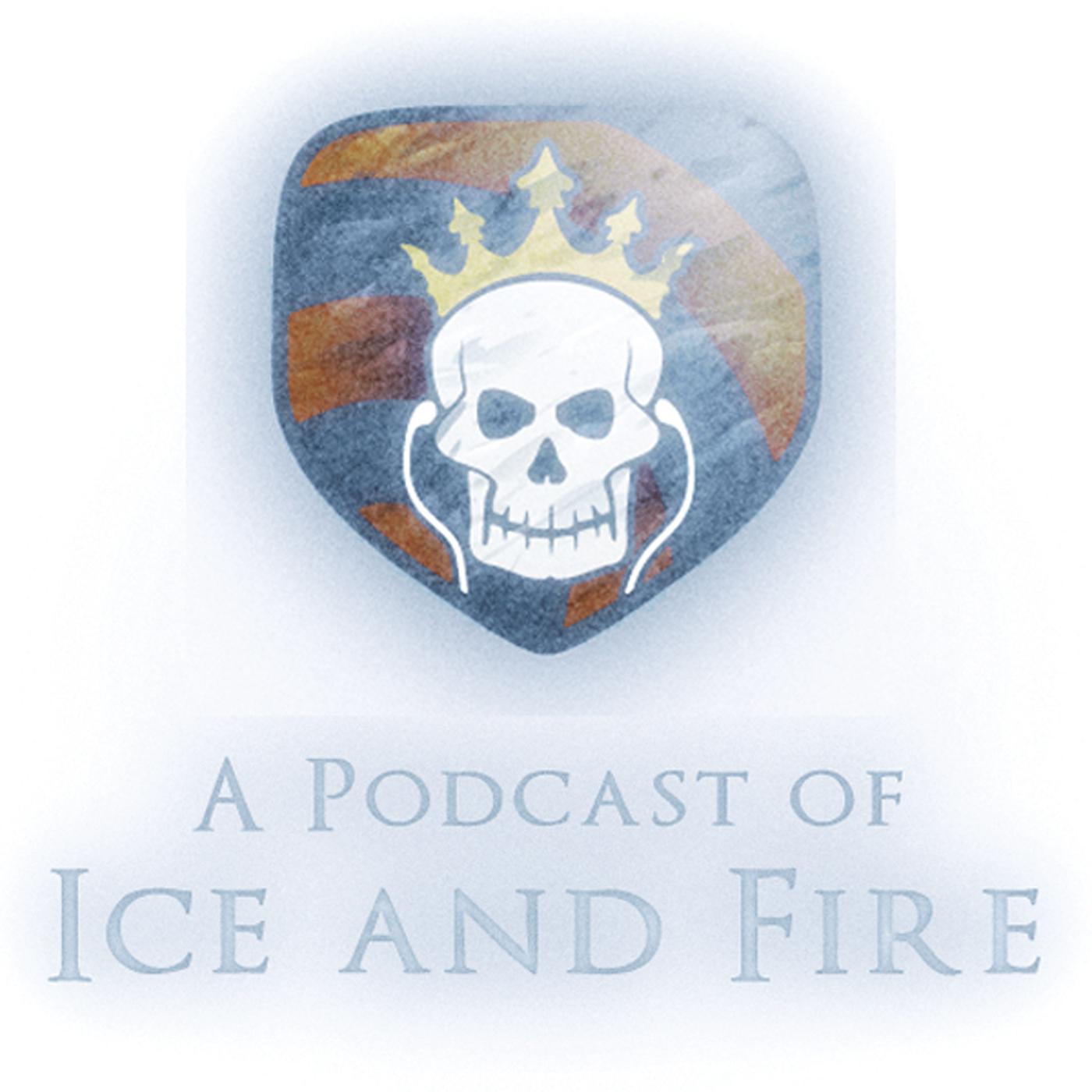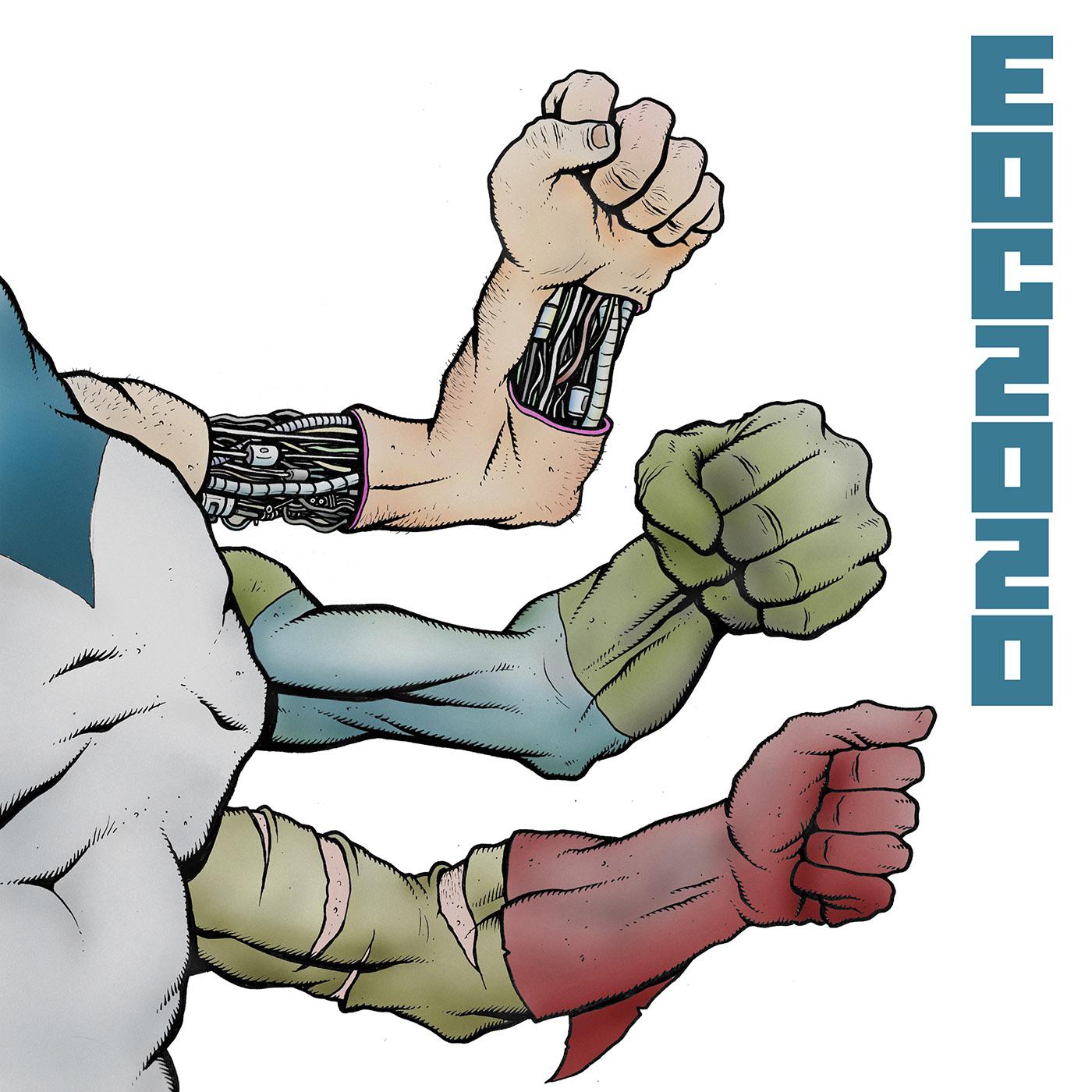Timaeus by Plato (Πλάτων) (c. 428 BCE - c. 347 BCE)

Timaeus by Plato (Πλάτων) (c. 428 BCE - c. 347 BCE)
1.2
80+ APD
Global Rank
TOP 10%
Creator:
LibriVox
- Books
- Arts

Become a Verified PARTNER.FM Member:
By joining PARTNER.FM, you become part of a vibrant community of podcasters who are passionate about their craft. As a verified member, you gain access to exclusive benefits and opportunities. Let's set you apart from the rest!
Increase the Visibility of Your Podcast:
Stand out in the crowded podcast landscape! List your podcast on our platform to gain exposure and attract a broader audience. Our dedicated marketing team is here to promote your content, helping you reach new heights.
Get Matched with Brands (It's Free)
Monetize your podcast through brand partnerships. We connect you with relevant brands seeking collaborations, enabling you to showcase your unique voice to their target audience. It's an excellent opportunity to grow your podcast while maintaining authenticity.-
Podcast Promotional Options
Podcast data
Created By LibriVoxPodcast Status activeStarted 02/11/2017Latest Episode 01/04/2022Release Period EpisodicEpisodes 20Partner Reviews 0Language EnglishFrequency 0Average Length 23 minutes and 32 secondsCountry United StatesGlobal Rank TOP 10%Description
"Our intention is, that Timaeus, who is the most of an astronomer amongst us, and has made the nature of the universe his special study, should speak first, beginning with the generation of the world and going down to the creation of man..."'Timaeus' is usually regarded as one of Plato's later dialogues, and provides an account of the creation of the universe, with physical, metaphysical and ethical dimensions, which had great influence over philosophers for centuries following. It attributes the order and beauty of the universe to a benevolent demiurge - a 'craftsman' or god - fashioning the physical world after the pattern of an ideal, eternal one. The dramatic setting of the dialogue is the day after a discussion in which Socrates has described his ideal state - as in the 'Republic'. A conversation between Socrates, Critias, Hermocrates and Timaeus, including Critias' account of Solon's journey to Egypt (where he hears the story of Atlantis), soon gives way to the monologue by Timaeus that forms the bulk of the work.'Timaeus' is translated by Benjamin Jowett and his comprehensive introduction to and analysis of the work precedes the text itself, which he describes as "the growth of an age in which philosophy is not wholly separated from poetry and mythology". (Summary by Philippa) -
Episodes
-

#583154 - 01 - Introduction and Analysis: opening remarks
3 years ago -

#583155 - 02 - Introduction and Analysis: Section 1, part 1
3 years ago -

#583156 - 03 - Introduction and Analysis: Section 1, part 2
3 years ago -

#583157 - 04 - Introduction and Analysis: Section 1, part 3
3 years ago -

#583158 - 05 - Introduction and Analysis: Section 2
3 years ago
-
-
Reviews
- There are no reviews yet
-
Podcasts like this
-
View Podcast
- Self-Help
- Books
- Health & Fitness
- News
-
View Podcast
- Technology
- Books
- Arts
- Performing Arts
-
View Podcast
- Technology
- Books
- Health & Fitness
- Arts
-
View Podcast
- Books
- Arts
- Visual Arts
-











